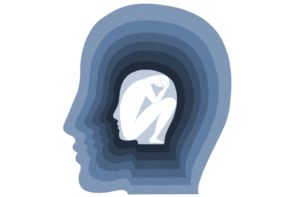From The New York Times: “Most suicidal patients I see follow a different pattern, like the one a resident presented to me recently. A middle-aged woman with no psychiatric history was brought in after overdosing on ibuprofen. She had recently become homeless. After seven years of sobriety, she had relapsed, taking methamphetamine to stay awake at night after she was sexually assaulted in the park where she had been sleeping. She had no supportive family, no insurance, no source of income and no education beyond high school.
She didn’t see a way out of her situation. So she walked into a pharmacy, grabbed a bottle of ibuprofen and went into the bathroom, where she choked down as many pills as possible before someone walked in.
I asked the resident how he planned to help her while she was in the hospital. After a pause, he suggested meekly, ‘Start her on an antidepressant?’
I could tell he knew how ridiculous it sounded.
As doctors, we want to help people, and it can be hard for us to admit when our tools are limited. Antidepressants may seem like an obvious solution, but only about 40 percent to 60 percent of patients who take them feel better. And while nearly one in 10 Americans uses antidepressants, there is very little convincing evidence to show that they reduce suicide.
This is because many of the problems that lead to suicide can’t be fixed with a little extra serotonin. Antidepressants can’t supply employment or affordable housing, repair relationships with family members or bring on sobriety.”












